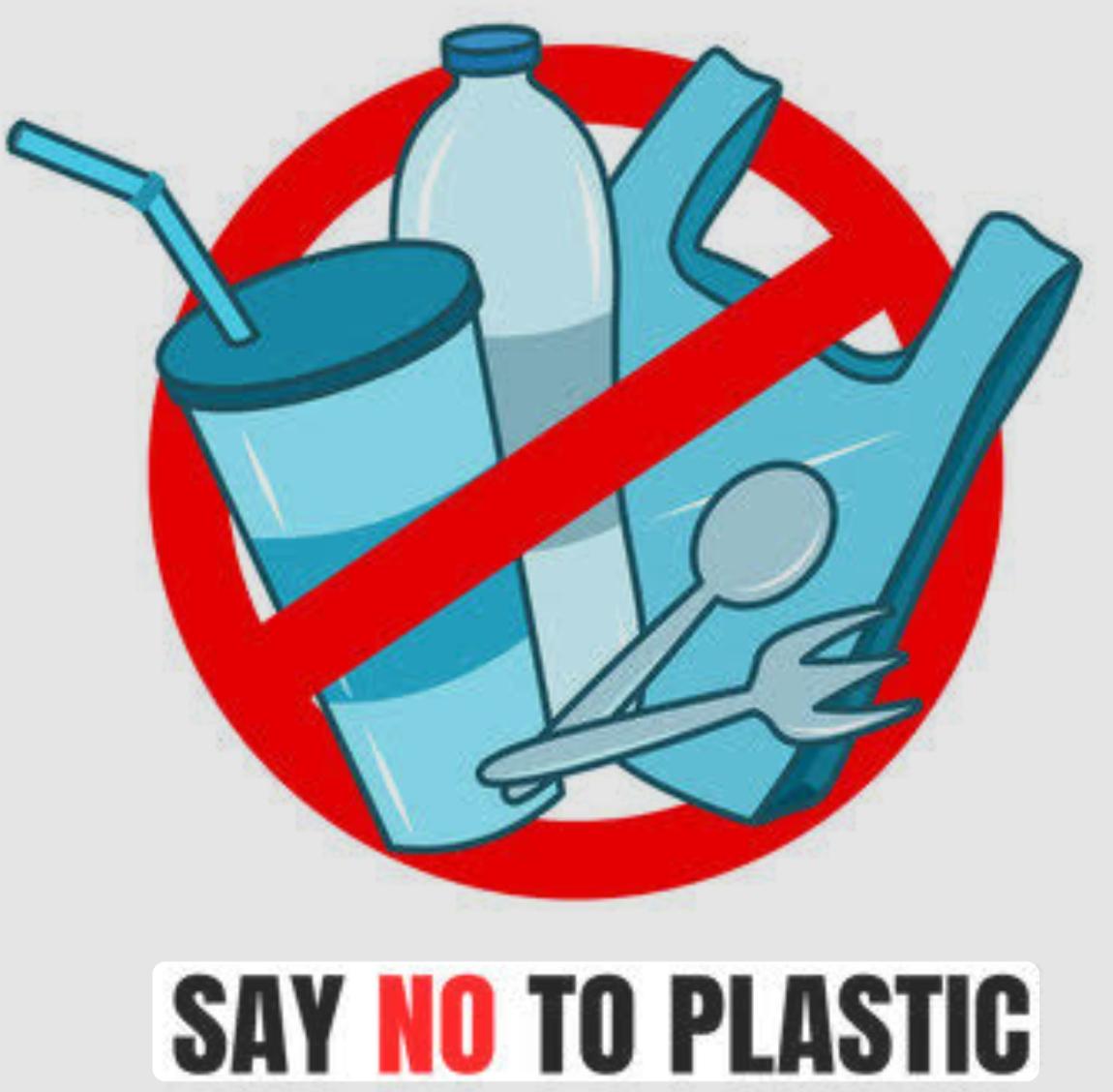Plastic has become an everyday necessity, but its environmental impact is undeniable, leading to pollution, overflowing landfills, and harm to marine life. To address this crisis, researchers, businesses, and consumers are turning to sustainable alternatives that reduce reliance on plastic while maintaining convenience. Biodegradable and compostable materials, often made from plant-based sources like cornstarch or sugarcane, break down naturally, minimizing environmental damage. Reusable options such as glass jars, stainless steel bottles, bamboo utensils, and fabric bags help reduce waste by offering long-lasting alternatives. Innovations in packaging, including edible wrappers, seaweed-based films, and mushroom-based containers, provide creative solutions for replacing single-use plastics. While plastic alternatives come with challenges like cost and consumer adoption, technological advancements and growing awareness are making these sustainable choices more practical. The movement toward plastic alternatives is not just about materials but about adopting a more eco-friendly mindset, ensuring cleaner oceans, healthier ecosystems, and a more sustainable future.
🗑️🚫🏭🧃🚮
Thank You for Reading!...

